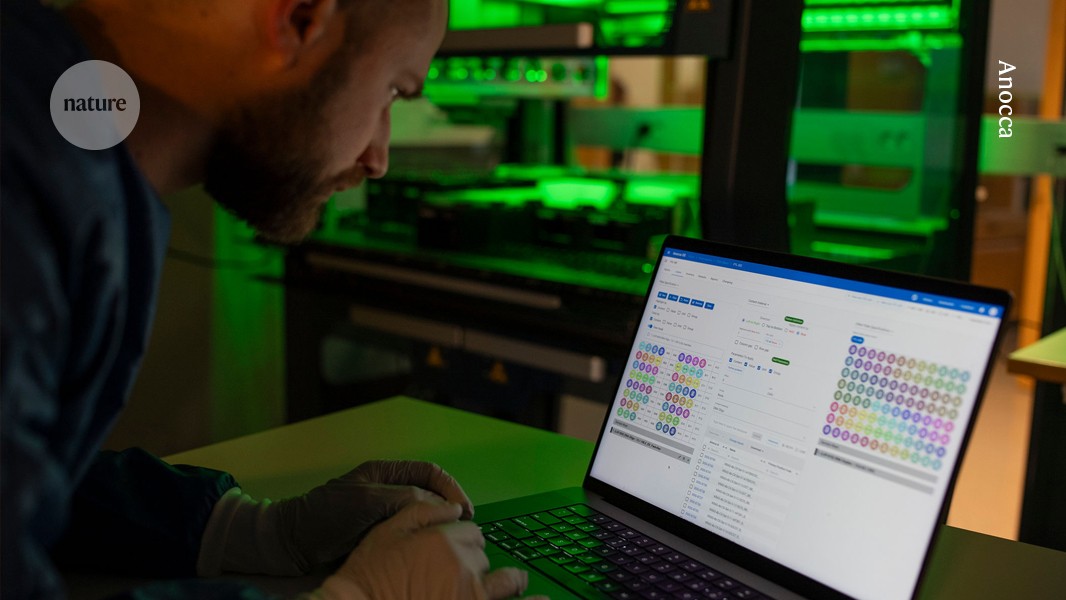
"We were quite methodical in the name-selection process. We wanted something that would be memorable and that would roll off the tongue. We wanted a name that would look nice, generate positive feelings and be distinctive. We had a longlist of ten contenders - including Genevie and Genovia, reflecting the strong focus on genetics behind the company. I personally didn't like these, because I thought they were too sciencey. I think something distinctive, unique, was the right way to go."
"There was a very memorable moment when we decided to prioritize a name that started with an 'A'. Published research had shown a benefit to starting a name with a letter that occurs early in the alphabet, so we decided to apply that concept to the company name. Once we'd decided to start with an 'A', we wanted to end with an 'A', too, to make the name soft and approachable. And we wanted to have a double consonant in the middle."
"In 2013, when we decided to set up our company, naming it was one of the first steps we took. At the time, I was at the German Cancer Research Center in Heidelberg, Germany, doing my second postdoctoral placement; my first had been in New Zealand, where I did my PhD. A Swedish colleague introduced me to Mikael Blomqvist, a serial entrepreneur who has built a lot of companies."
Founders established the company in 2013 while conducting postdoctoral research. The business concept targeted a purpose-built platform to decipher T-cell immunity. A Swedish entrepreneur, Mikael Blomqvist, collaborated on the plan. Branding work started with a communications firm, Milou, in Karlskrona. The founder relocated to Sweden in December 2013. Naming criteria emphasized memorability, pleasant phonetics, visual appeal, distinctiveness, symmetry, and an early-alphabet advantage. A long list included Genevie and Genovia, which were rejected as too 'sciencey'. The final choice prioritized an 'A' at both ends and a double consonant.
Read at Nature
Unable to calculate read time
Collection
[
|
...
]